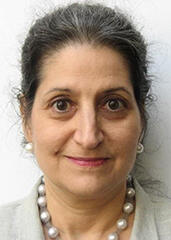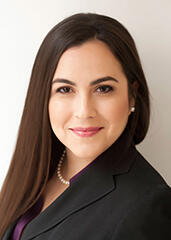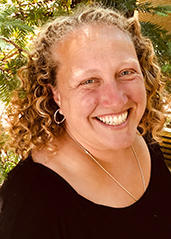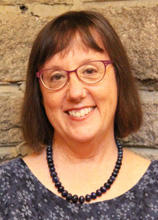Subscribe
Send feedback
Topics
- active learning (18)
- research assignments (6)
- libraries (1)
- literature-based learning (2)
- multimedia (5)
- museums (6)
- object learning (7)
- online learning (5)
- peer instruction (10)
- storytelling (2)
- learning management system (2)
- syllabus design (3)
- teaching empathy (3)
- teaching fellows (1)
- lecture (3)
- learning goals (8)
- assessment (6)
- data (3)
- backward design (3)
- blended approaches (12)
- case-based learning (8)
- classroom contracts (7)
- classrooms and space (3)
- collaborative learning (27)
- community events (1)
- course transformation (7)
- devices (3)
- learning by making (5)
- discussion (24)
- engaged scholarship (4)
- experiential learning (16)
- feedback (18)
- group work (8)
- guest speakers (7)
- interdisciplinary (6)
- leadership (3)
Copyright © 2024 The President and Fellows of Harvard College | Privacy | Accessibility | Digital Accessibility | Report Copyright Infringement

 Linda Kaboolian, Instructor at Harvard T.H. Chan School of Public Health
Linda Kaboolian, Instructor at Harvard T.H. Chan School of Public Health Dr. Monik Jimenez, an Assistant Professor in the Department of Epidemiology, uses different pedagogical approaches to elevate diverse voices and styles of learning. In her
Dr. Monik Jimenez, an Assistant Professor in the Department of Epidemiology, uses different pedagogical approaches to elevate diverse voices and styles of learning. In her  John Asher Johnson
John Asher Johnson Gretchen Brion-Meisels, Lecturer on Education, focuses on ensuring that holistic support is apparent and felt deeply in her classroom. From listing mental health resources on all her syllabi to convening opening circles to build relationships at the start of class, Brion-Meisels incorporates ways of “checking in.” In her course Establishing Loving Spaces for Learning, students are asked to keep reflective journals and share them with a peer to engage in a conversation around their experiences. “Fundamentally, my biggest goal is to normalize the idea that everyone needs support. We’re all works-in-progress, learning and growing, but also with a lot to contribute to each other’s growth.”
Gretchen Brion-Meisels, Lecturer on Education, focuses on ensuring that holistic support is apparent and felt deeply in her classroom. From listing mental health resources on all her syllabi to convening opening circles to build relationships at the start of class, Brion-Meisels incorporates ways of “checking in.” In her course Establishing Loving Spaces for Learning, students are asked to keep reflective journals and share them with a peer to engage in a conversation around their experiences. “Fundamentally, my biggest goal is to normalize the idea that everyone needs support. We’re all works-in-progress, learning and growing, but also with a lot to contribute to each other’s growth.”
 Bernhard Nickel, Professor of Philosophy, engages students in his introductory College courses about the “hidden curriculum”—defined here as the social and disciplinary norms often invisible to both students and the teaching staff, including expectations about class preparation, in-session focus, respectful discussion behavior, and the role of feedback.
Bernhard Nickel, Professor of Philosophy, engages students in his introductory College courses about the “hidden curriculum”—defined here as the social and disciplinary norms often invisible to both students and the teaching staff, including expectations about class preparation, in-session focus, respectful discussion behavior, and the role of feedback.